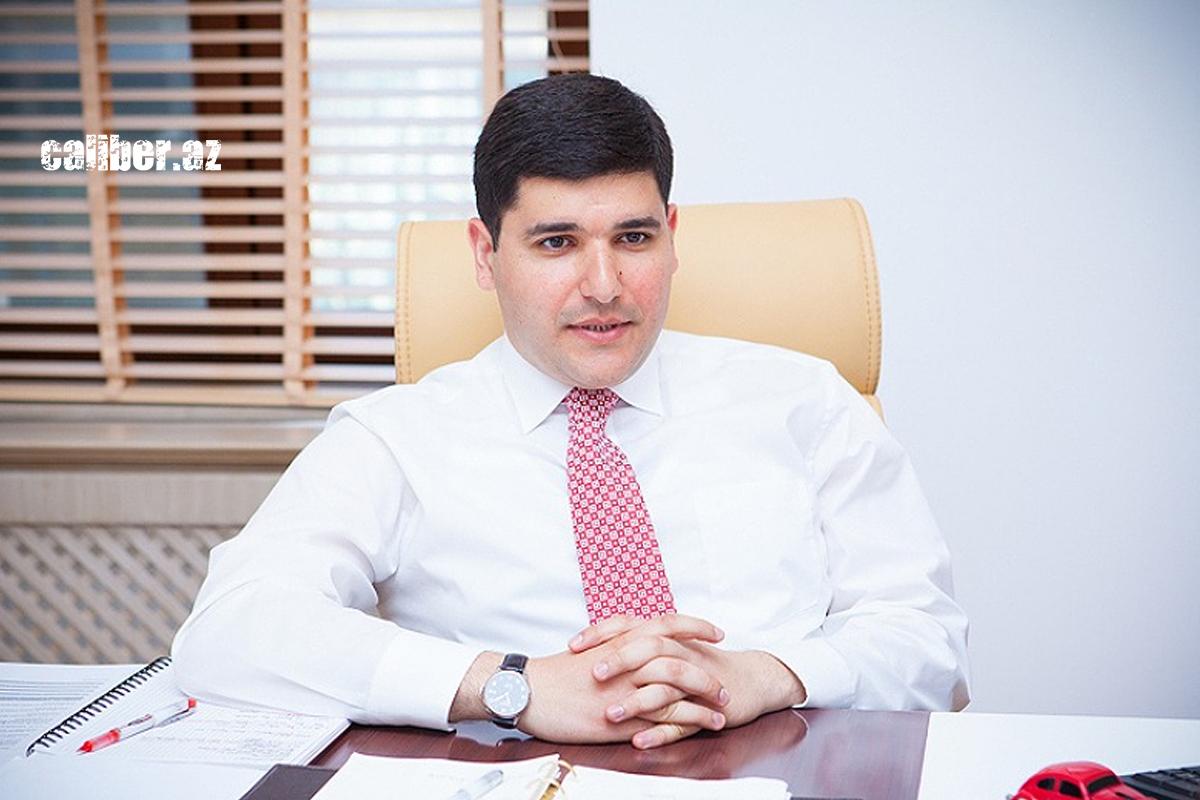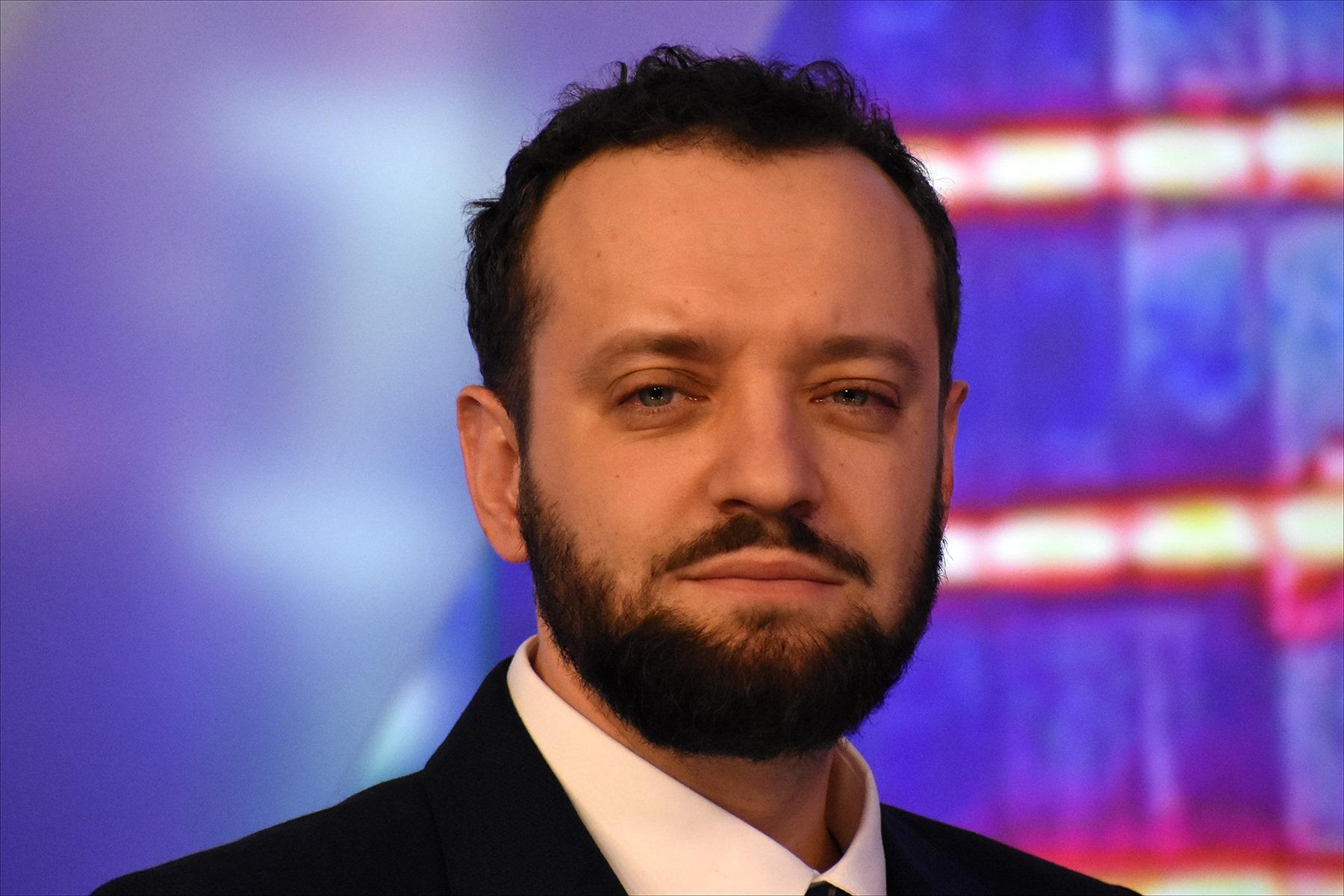PM presenting Armenia as “dove of peace” but arming it for new war against Azerbaijan
Armenian Prime Minister Nikol Pashinyan continues deceiving. While delivering a speech at the 79th session of the UN General Assembly, he extensively discussed Armenia's intention to sign a peace treaty with Azerbaijan.
This appears to be a tactic aimed at presenting Armenia as a "dove of peace" while avoiding the discussion of important unresolved issues between Baku and Yerevan.
The experts expressed their views on this issue for Caliber.Az.

Head of the South Caucasus Research Centre and an Azerbaijani political analyst Farhad Mammadov believes this is another attempt to pressure Azerbaijan into agreeing to a pre-determined peace treaty while continuing to debate contentious points. He notes that not all foreign politicians pay attention to these aspects.
"For instance, there is the proposal to sign a peace treaty with the stipulation that its legality will be determined by the Constitutional Court of Armenia. However, the project approved recently by this court regarding the operational regulations for the border delimitation commissions with Azerbaijan can be seen as a political decision, rather than a legal one because Armenian legislation includes at least two resolutions dated 1992 that must be annulled for the treaty to undergo the proper legal procedure in Armenia. Nevertheless, the Armenian Constitutional Court ruled that this aligns with the country’s constitution," Mammadov said.
“However, legal experts say that if Armenia retains provisions in its legislation that contain territorial claims against Azerbaijan, then even if the Armenian Constitutional Court rules that the peace treaty is not in violation of Armenian law, there is a risk that a future change in the court's composition could lead to the annulment of the treaty. As a result, Azerbaijan is reluctant to face such precedents and seeks to minimise risks by proposing a package of principles to govern relations between the two countries. This represents a pivotal shift in Azerbaijan-Armenia relations, as these principles include commitments to refrain from the use of force, establish diplomatic relations, and other important regulations. Pashinyan seems to echo these principles, but he interprets them in his own way," he added.

Meanwhile, Israeli expert on international relations Rabbi Mikhail Finkel notes that Pashinyan, in his speech to the UN, attempted to present himself as a "dove of peace" seeking to achieve a comprehensive peace with Azerbaijan. At first glance, some of his statements may indeed create this impression and resonate with those who listened to or read the text of his speech.
"For a considerable period, I honestly believed that Pashinyan was a reasonable Armenian politician with whom we could negotiate, someone who might even become a second Anwar Sadat [former Egyptian president], who signed a peace treaty with Israel despite the risks. Unfortunately, that is not so. Even without delving deeply into his speech, questions arise immediately. On one hand, Pashinyan presents himself as a 'dove of peace' at the UN, but on the other hand, we know well that he is doing his best to provide his country with weapons, funding, and military instructors for the next conflict with Azerbaijan in an attempt to reclaim Karabakh. Armenia is actively pursuing a policy of revanchism," he noted.
The political analyst noted that among the countries supplying arms to Armenia are France, India, and others. Which Pashinyan’s actions are real? Such actions by Yerevan can certainly be summarised by the phrase, "If you want a strong peace, prepare for war." However, history offers other parallels that often reoccur. When someone talks a lot about peace but is actively preparing for war, there is no true peace. Thus, the rhetoric about peace serves merely as a cover for Yerevan’s aggressive plans, as it seeks to wash away the military humiliation Armenia faced on the battlefield and take revenge on Azerbaijan. Therefore, we must be very cautious of Pashinyan’s soothing rhetoric and focus on actions rather than words.
Finkel also expressed confusion over Armenian claims that "ethnic cleansing and forced relocation" occurred in Karabakh.
"Let's clarify the terminology: ethnic cleansing, from the perspective of international law, refers to the destruction of a population in a specific territory based on ethnic and religious criteria. This destruction occurs without distinction between military and civilians. However, if we analyse all the sources regarding the events of the 44-day second Karabakh war and last year’s counter-terrorism operations, we find that nothing resembling this occurred in Karabakh or other liberated territories; no such cases have been documented. It is also well-known that the Armenian population left these areas peacefully, without any coercion or pressure. Those who remained were given guarantees of safety and a dignified life by Azerbaijani President Ilham Aliyev. Therefore, any insinuations on this topic are simply despicable lies," he added.
By Naila Huseynova








